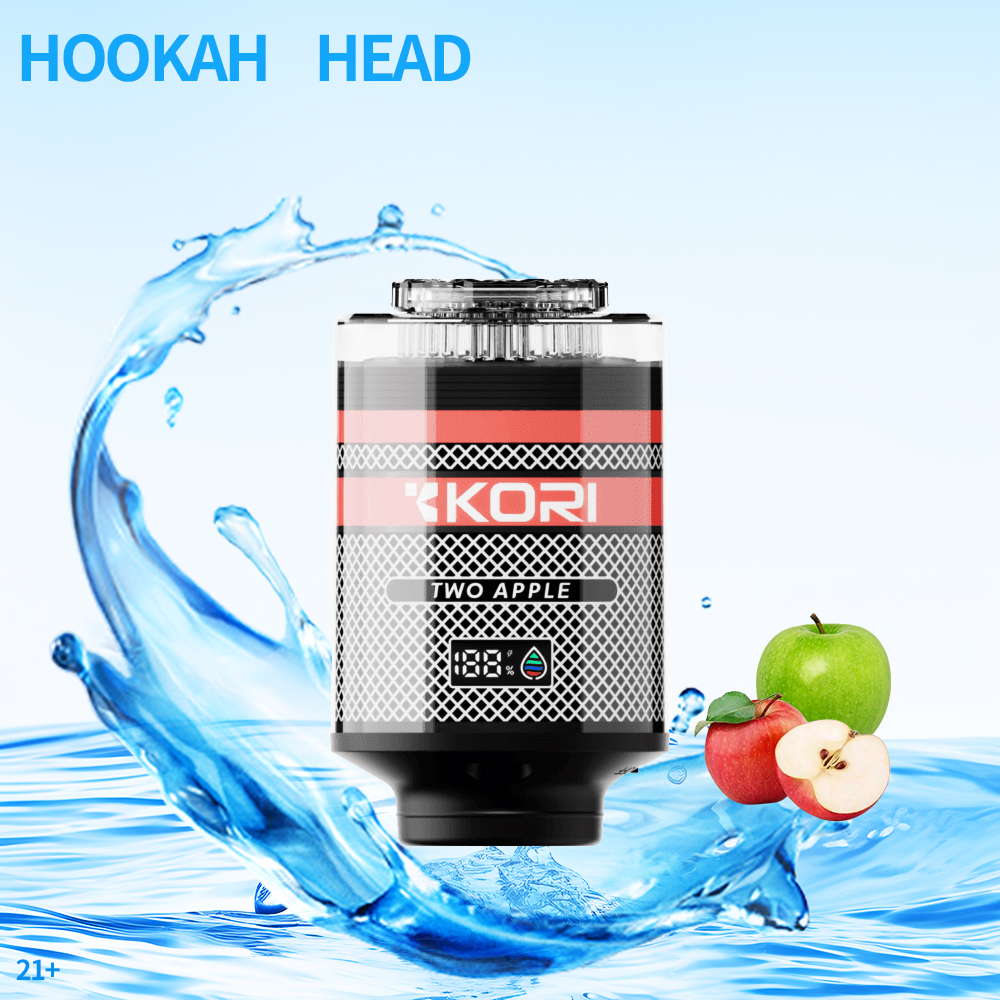Exploring the Vaping Culture: The Rise of Vape Shops and Their Impact on Communities
The vaping industry has exploded in popularity over the last decade, transforming from a niche hobby into a massive cultural phenomenon. At the heart of this shift lies the emergence of vape shops, which have become community hubs for vapers and non-vapers alike. In this article, we will delve into the rise of vape shops, their influence on local communities, the challenges they face, and how they contribute to the overall vaping culture.
The Evolution of Vaping
Vaping has its roots in the quest for alternatives to traditional cigarettes. The first electronic cigarette was patented in 2003 by Chinese pharmacist Hon Lik, but it wasn’t until the introduction of affordable and user-friendly devices that the vaping revolution began. Vape shops started to sprout up, offering a variety of products and accessories, from e-liquids to advanced vaping devices.
As a result, vaping has attracted a diverse demographic, from those seeking to quit smoking to enthusiasts who enjoy experimenting with flavors and devices. This increasing popularity has led to an evolution of vape shops, positioning them not just as retail spaces but also as community gathering spots.
The Role of Vape Shops in Communities
Vape shops provide more than just products; they create a sense of belonging and community for their patrons. Many vape shops host events like meet-ups, contests, and educational seminars that foster engagement and communication among vapers. This builds a community where users can share tips, tricks, and experiences, often leading to lifelong friendships.
Moreover, these shops often advocate for vaping rights and public awareness on the advantages of vaping over traditional smoking. As local businesses caring for their customers' well-being, many vape shop owners are dedicated to ensuring that their clients make informed choices about their vaping products.
Health Considerations and Regulations
As the popularity of vaping has surged, concerns about health implications and the regulation of vape products have escalated. Health organizations warn about the potential risks of nicotine intake and the unknown long-term effects of inhaling vaporized substances. In response, many vape shops have adjusted their offerings to include products that focus on either lower nicotine levels or nicotine-free options.
Regulations regarding the sale, marketing, and operation of vape shops vary significantly across regions. Some areas impose strict regulations, while others allow a more laissez-faire approach. This patchwork of regulations can create challenges for shop owners, who often need to navigate complex legal landscapes to operate safely and legitimately.
Vaping Culture and Creativity
The vaping community has birthed a unique culture characterized by creativity and innovation. Vape shops often serve as platforms for local artisans and entrepreneurs to showcase their e-liquid creations. Many distinguished themselves by offering distinctive flavors that surprise and delight customers, prompting vibrant discussions about flavor profiles and quality.
Furthermore, the aesthetic aspects of vaping have created subcultures within the community. From elaborate cloud competitions to artistic presentations of vape tricks, vaping has become a form of entertainment that resonates with younger generations. Vape shops cater to these trends, providing a venue for competitions and showcasing the artistry behind cloud vaping and flavor mixing.
The Economics of Vape Shops
From an economic perspective, vape shops contribute significantly to local economies. They create jobs, ranging from sales associates to marketing directors, and drive traffic to surrounding businesses. This increased foot traffic can benefit everything from nearby cafés to grocery stores, thereby boosting the overall economic health of neighborhoods.
Despite the economic contributions, the rise of vape shops is not without its challenges. Competition is fierce, with numerous shops vying for market share. Pricing wars and online retailers pose constant threats, leading many physical stores to examine new strategies for customer retention. Loyalty programs, exclusive product offerings, and exceptional customer service have emerged as essential tactics for maintaining a competitive edge.
Social Stigma and Vape Shops
Despite the positive contributions of vape shops, a social stigma surrounding vaping persists. Many individuals associate vaping with negative behaviors or see it as a trend rather than a legitimate alternative to smoking. This stigma can impact how communities perceive vape shops, often leading to pushback against their presence.
Vape shop owners and patrons alike advocate for a balanced perspective on vaping, emphasizing the distinction between personal choice and public health. Educating communities about the benefits of vaping and the diverse range of customers patronizing these shops has become a vital component of community engagement efforts.
Future Directions for Vape Shops
As the vaping industry continues to evolve, vape shops will need to adapt to changing consumer preferences and regulatory environments. Incorporating innovative technology, such as online ordering systems or virtual consultations, will likely become essential for modern vape shops. Additionally, sustainability and eco-friendliness are becoming increasingly important for consumers; shops that embrace environmentally friendly products will likely stand out.
Furthermore, collaborations with local health organizations to promote safer vaping practices could not only enhance community relations but also solidify vape shops’ positions as responsible business entities within the local landscape.
The Importance of Community Engagement
Engagement with the community is paramount for the future of vape shops. Hosting educational workshops, supporting local events, and actively participating in local partnerships will help solidify their place in the fabric of the community. By fostering an open dialogue about vaping and its role in society, vape shops can bridge the gap between perception and reality.
Ultimately, the growth of vaping culture has reshaped not only the smoking landscape but the social dynamics of local communities. By remaining adaptable, responsible, and engaged, vape shops can continue to thrive amidst both opportunities and challenges in an ever-evolving industry.
With the right approach, vape shops can continue to be a positive force in their communities, encouraging discussion, collaboration, and understanding about vaping while simultaneously delivering high-quality products and a welcoming atmosphere for all.





